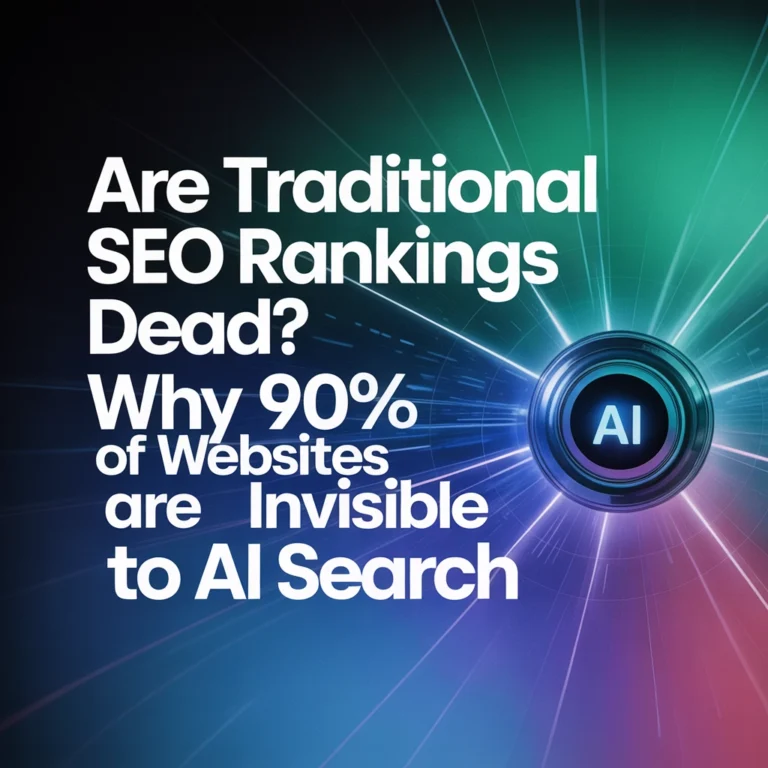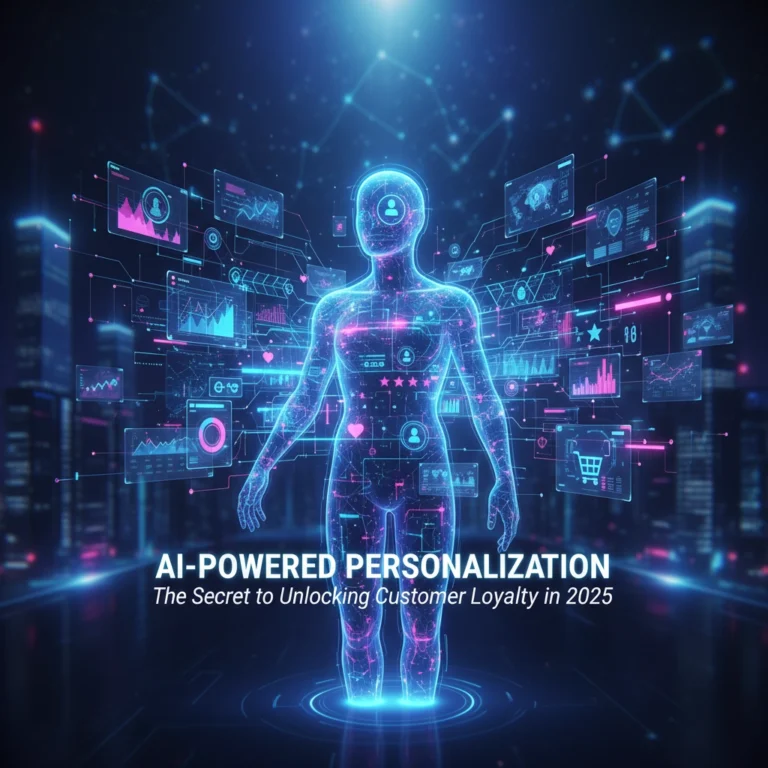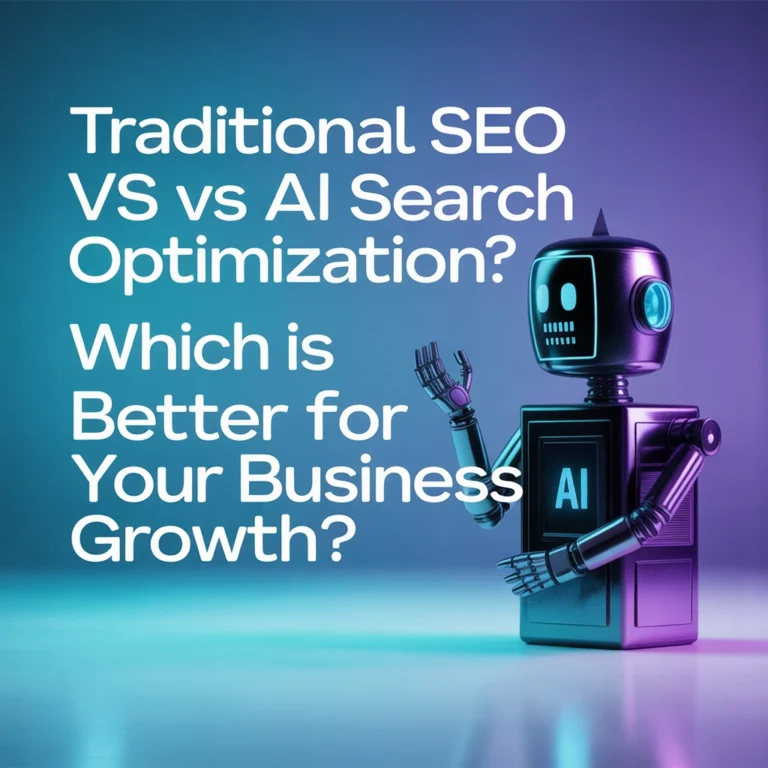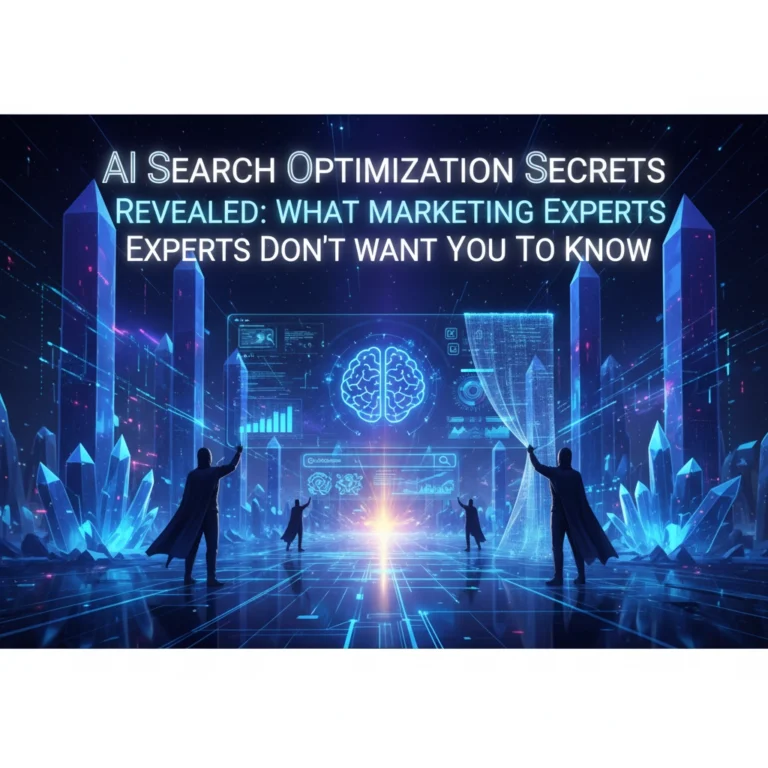RAO vs. SEO: Why Retrieval-Augmented Optimization Is the Secret to Winning AI Search in 2025
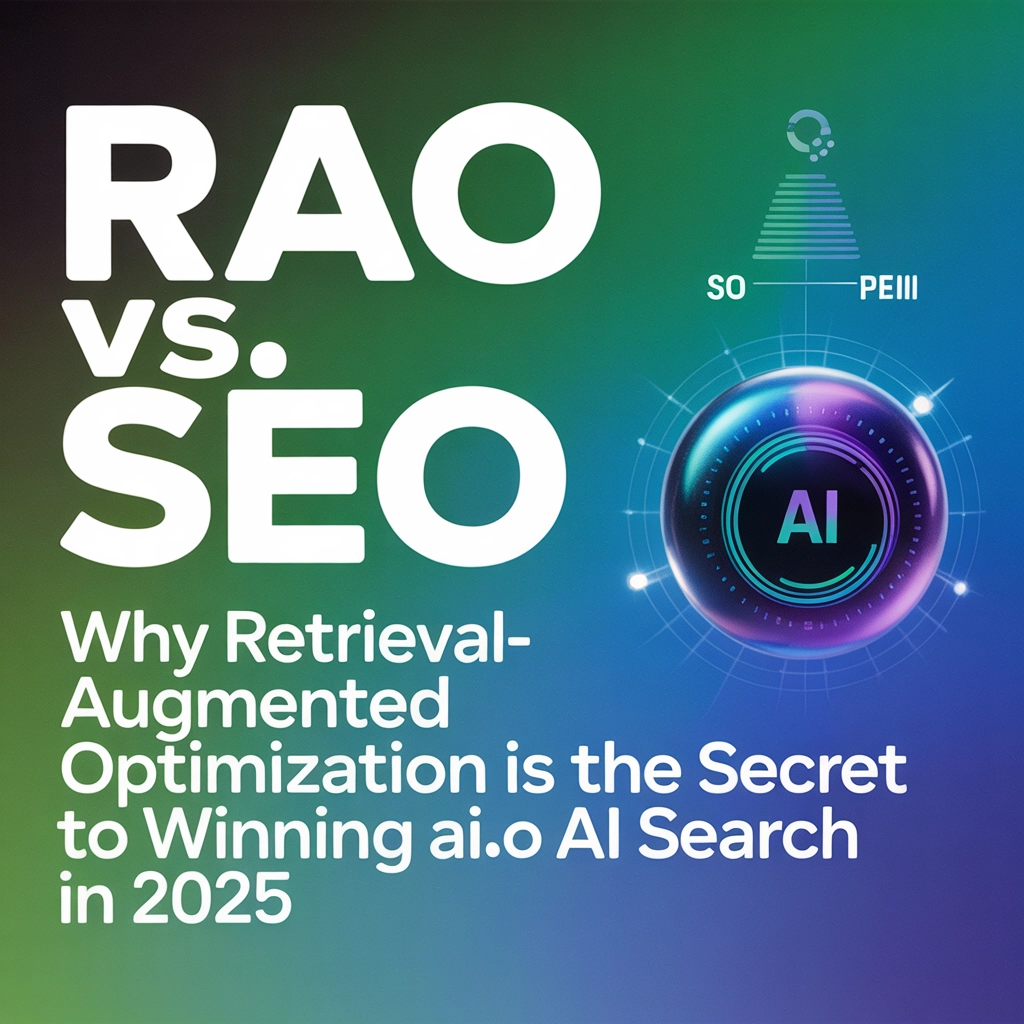
The Search Revolution: SEO Isn’t Dead, But It’s Definitely Evolving
Remember the days when ranking number one on Google was just about sprinkling keywords and getting backlinks? Fast forward to 2025—the game has officially changed. Welcome to Retrieval-Augmented Optimization (RAO), where the real fight for visibility is about making your content discoverable to AI-powered engines that pull and generate responses for modern searchers.
SEO as we’ve known it isn’t dead, but it’s morphing. Traditional methods focused on pleasing human-driven crawlers and search engines. Now, it’s all about helping AI “find” and “trust” your content to serve it in zero-click answers, chatbots, voice assistants, and smart devices.
What Is Retrieval-Augmented Optimization (RAO)?
In a nutshell, Retrieval-Augmented Optimization (RAO) is about tuning your digital presence so that AI systems—think Google AI Overviews, Perplexity, ChatGPT’s RAG plugins, or Gemini—choose your content when fetching evidence to generate answers.
These large language models (LLMs), and the search engines they power, are using Retrieval-Augmented Generation (RAG)—a process of pulling snippets from relevant sources before spinning out a generative response.
If your content isn’t being retrieved by these models, you’re invisible. That’s the key shift from classic SEO to RAO.

How Did We Get Here? From Keywords to Knowledge Graphs
In the past, SEO was ruled by keyword targeting, meta tags, and sometimes “gaming” the system. Now, search engines are powered by AI that gets context, intent, and topical relationships—almost like they’re reading for meaning instead of counting words.
Shift highlights:
- From crawl-to-rank, to retrieve-to-generate: Search engines no longer just display lists of links. They generate direct answers, making retrieval the make-or-break phase.
- From keyword match to intent match: AI reads the nuances of questions and hunts for the most semantically robust answers.
- From static pages to conversational content: Today’s winning content is fluid, well-structured, and updated for accuracy.
RAO vs. Traditional SEO: Where Things Diverge
Let’s break down the new battlegrounds:
| SEO (Classic) | RAO (2025) |
|---|---|
| Optimize for crawlers | Optimize for LLM retrieval models |
| Keyword density | Semantic richness & context |
| Meta tags, backlinks | Structure, source credibility, recency |
| Static web content | Conversational answers, FAQs, data snippets |
| Ranks pages | Ranks content at the entity/paragraph level |
Takeaway:
Traditional SEO helps LLMs “see” your site. RAO helps them “choose” your content as the source for their answers.
Why Retrieval Is the New SEO Battleground
The AI revolution in search is built on retrieval-augmented generation (RAG). Here’s why retrieval matters more than ever:
- It’s the “first cut”: If your info isn’t retrieved in the AI’s first pass, it will never be used for answers.
- Fights hallucination: RAG lets AI ground its answers in real, trusted, up-to-date sources—increasing accuracy.
- Zero-click world: AI search systems answer in-place. Being the source wins you awareness, brand mentions, and trust, even if the user never clicks.
Think about how Google AI Overviews pull snippets with links and citations. Or how Perplexity brings up real-time sources. That’s retrieval in action.
Mastering RAO: Practical Strategies For 2025
Here’s your cheat sheet for thriving in this new world:
1. Content Structure Is Everything
Use headings, tables, lists, concise intros, summaries, and schema markup. Make it easy for AI to “chunk” and “lift” key information.
Pro tip: FAQ sections with direct Q&A formats are prime RAG targets.
2. Boost Semantic Depth
Think entities, synonyms, connected topics, and context-rich explanations. It’s not just about what people ask—it’s about everything related that an LLM considers relevant.
3. Signal Authority and Freshness
- Add “last updated” dates.
- Cite trustworthy sources and external references.
- Show E-E-A-T (Experience, Expertise, Authoritativeness, Trust).
4. Make Your Content Crawlable & Accessible
Your sitemap, robots.txt, schema, and internal linking should be airtight. If bots struggle to discover or parse your content, retrieval won’t happen.
5. Diversify Across Platforms
RAO isn’t just for Google. Your content could be the answer in Perplexity, Gemini, Systara, ChatGPT-powered plugins, and countless smart apps.

GEO: The Next Layer—Generative Engine Optimization
Generative Engine Optimization (GEO) is emerging as the umbrella for the AI+search era. It’s about creating content that performs everywhere—especially in places where traditional SEO metrics don’t tell the full story.
GEO best practices:
- Use structured data (Schema.org, JSON-LD) to flag content types and relationships.
- Write natural, conversational answers to “how,” “why,” “what” questions.
- Include mini-summaries, tables, and snippets for easy AI extraction.
- Monitor new AI platforms and optimize for their preferred formats.

RAO in Action: Where Businesses Are Winning (and Losing)
- Brands that regularly update their resources are being featured by LLM-powered answers.
- Businesses clinging to static, old-school pages see vanishing impressions—especially in industries like health, finance, and travel where accuracy counts.
- Examples: Zentara clients using our AI SEO services routinely get cited in AI Overviews and featured snippets—giving them top visibility in the new search frontier.

The Zentara Advantage: Get AI-First, Stay Ahead
Transitioning from SEO to RAO doesn’t just boost your spot in Google; it makes you a recognized information source everywhere AI systems look for answers.
At Zentara, our digital transformation and AI marketing teams empower organizations to:
- Instantly make content RAG- and LLM-ready
- Use structured data, cloud automation, and AI-driven audits to optimize site architecture
- Create high-authority, up-to-date resources that AI can trust
Ready to put your business in the new AI search spotlight?
Discover our AI SEO solutions here.
The Takeaway—SEO’s New Chapter
In 2025, classic SEO principles still matter, but Retrieval-Augmented Optimization is the secret ingredient.
Get your content structured, accessible, and credible—then let the AIs do the rest.
Those who pivot fast will be the brands everyone sees, hears, and trusts—no matter how search evolves.
Questions or want a custom strategy? Let’s chat over at zentara.xyz.


